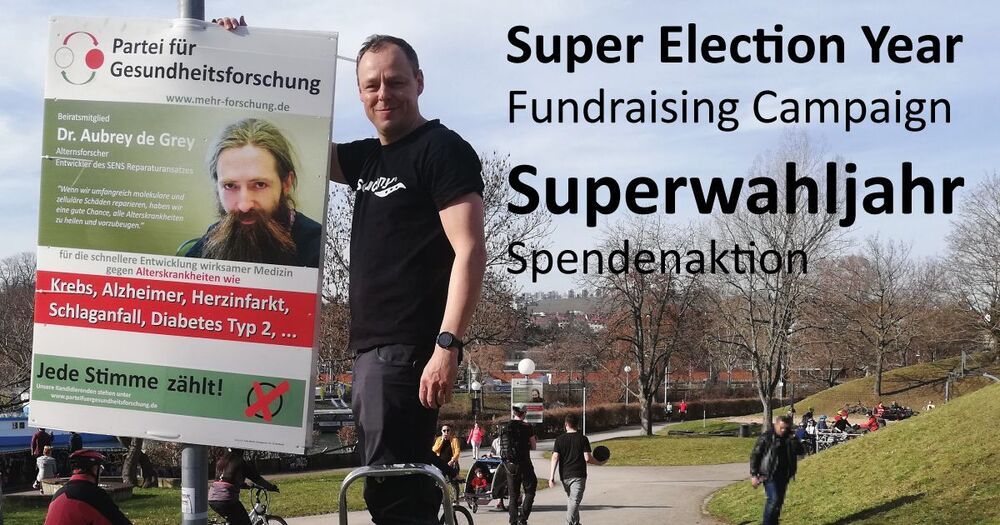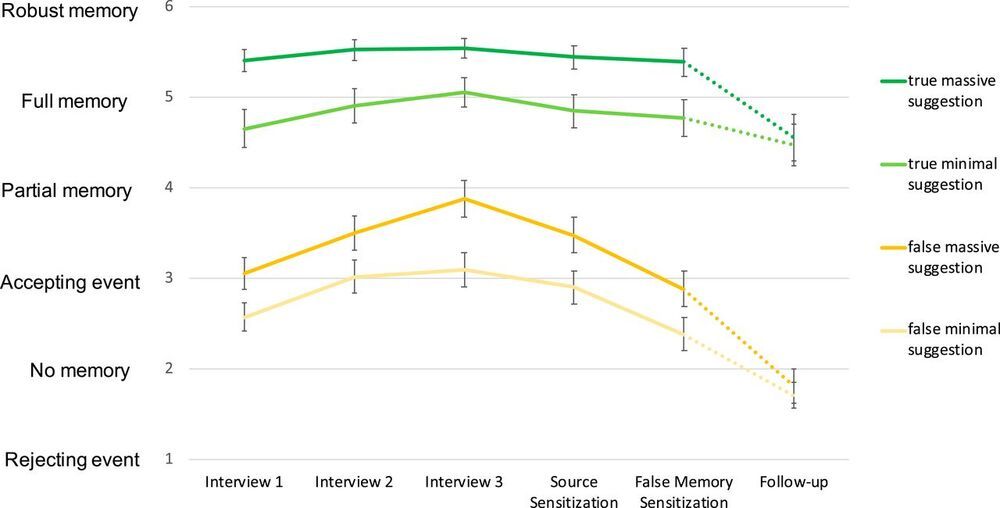We do a fundraiser for the collection of support signatures for the admissions of the German Party for Health Research to the German federal election and to the state elections in Berlin and Thuringia. Those three elections take place on September 26th 2021.
Attention: According to the law, we are not allowed to receive more than 1000 Euro per year per donor from donors, who live outside the European Union.
Unlike in other countries, in Germany parties with 5 % of the votes or more get into parliament and can be part of the government (a government coalition). Also parties get funds from the state, if they receive at least 0.5 % of the votes in the federal election or at least 1 % of the votes in a state election.
The donations are needed in a large part to hire people, who help to collect the required support signatures.
The goal of the fundraiser is 45 thousand Euro. That is 3000 Euro per state for the federal election for our 13 state associations and 3000 Euro for each of the two state elections.
But even with less total funds we could still achieve a lot: If we only manage to get enough support signatures for the three states North Rhine-Westphalia, Bavaria and Baden-Württemberg for the federal election, we would already be on the ballot papers of about 51 % of the voters, if one assumes, that the percentage of residents equal the percentage of voters in a state. And if we would manage to be admitted additionally in the four states Lower Saxony, Hesse, Saxony and Berlin, we would be on the ballot papers of about 77 % of all voters (for all 13 states, where we have state associations, it would be about 96 %).
The deadline for submitting the support signatures is the 19th of July 2021. But we ask you to donate as soon as possible, so that there is still enough time for collecting the support signatures.





